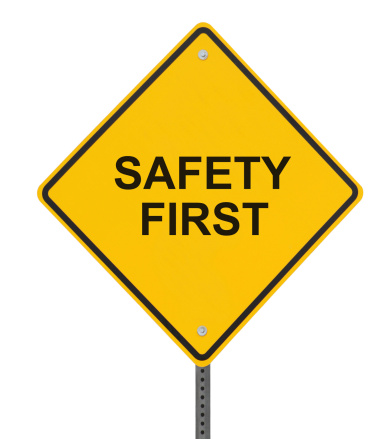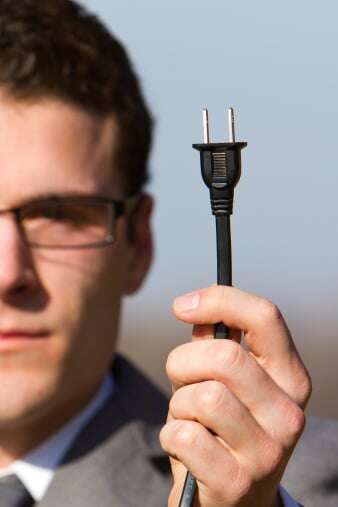 It's not called “the heart of the home” for nothing. During holidays and family celebrations, the kitchen beckons people to congregate and socialize, whether there's a maple syrup ham baking in the oven or a simple plate of brie and crackers spread on the counter.
It's not called “the heart of the home” for nothing. During holidays and family celebrations, the kitchen beckons people to congregate and socialize, whether there's a maple syrup ham baking in the oven or a simple plate of brie and crackers spread on the counter.
During the school and work week, the kitchen is usually a place of constant activity, with food prep, sit-down meals and "grab-it-on-the-run" snacks giving the refrigerator and microwave a particular workout.
Clearly, the kitchen is the center of action in many homes, which helps explain why so many accidents – and about half of all fires – take place there.
Since the kitchen is such a bustling place in most people's homes, Experts In Your Home thought it would be ideal to begin a new series of articles about electrical safety right there. In this series, we're going to break down electrical safety issues room by room, which will give you the chance to go through a list, of sorts, to ensure that each room in your house -- from the kitchen to the garage -- is as safe as it can be, whether you're conducting an electrical repair or just going about your busy day.
Will some of the tips we offer seem like common sense? Perhaps. But as we've said before, the cause of/reason for most accidents really doesn't take people by surprise. Most accidents occur when people rush, take shortcuts or fail to pay attention. After an accident, many people are likely to admit, “I really do know better.”
With repetition, we can all DO better about demonstrating proper electrical safety care. And along the way, we hope you'll learn a few things, too:
- Test all of the ground fault circuit interrupters (GFCIs) in your kitchen. These outlets cut off the flow of electricity when they sense trouble, such as the presence of water. GFCIs can be particular life-savers in kitchens, where water is a constant presence. In theory, GFCIs should be checked every month; in practice, try to check yours twice a year (when you also check your home's smoke detectors).
- Check the batteries in the smoke detector located closest to your kitchen. Ideally, you should have a detector installed at least 10 feet away from the stove (so that a false alarm isn't triggered).
- Turn off a large appliance at the circuit breaker if you ever receive a shock – and not one from static electricity, but a full-fledged shock. This indicates a serious problem with the wiring, which should be inspected immediately by a licensed electrician.
- Despite the presence of GFCIs, take the extra precaution of keeping countertop appliances – the coffee maker, toaster oven, waffle maker, indoor grills – at least several feet away from the sink. Why take chances?
- Unplug countertop appliances when you're not using them. Again, this is a purely precautionary step. And be sure to unplug appliances before you clean them.
- Keep the cords of small appliances out of the path of any and all heat sources so that they don't accidentally ignite. For the same reason, don't wrap a cord around an a appliance until it has fully cooled down.
- Keep your stove and oven free of grease, oil and food buildup to reduce the chance of fire. Also, keep the stove and oven free and clear of paper and cloth materials.
- Vacuum the coils at the base of your refrigerator regularly. Dirt and dust balls can pose a fire hazard.
With time and repetition, electrical safety measures really can become second nature. And that's virtually guaranteed to put more heart into your home. Subscribe to our blog so you don’t miss out on future electrical safety tips and remember to contact the experts at Experts In Your Home next time you need a local electrician in Chico, Paradise or surrounding areas.
For a list of electrical safety tips to help you stay safe, download our free eBook below:








